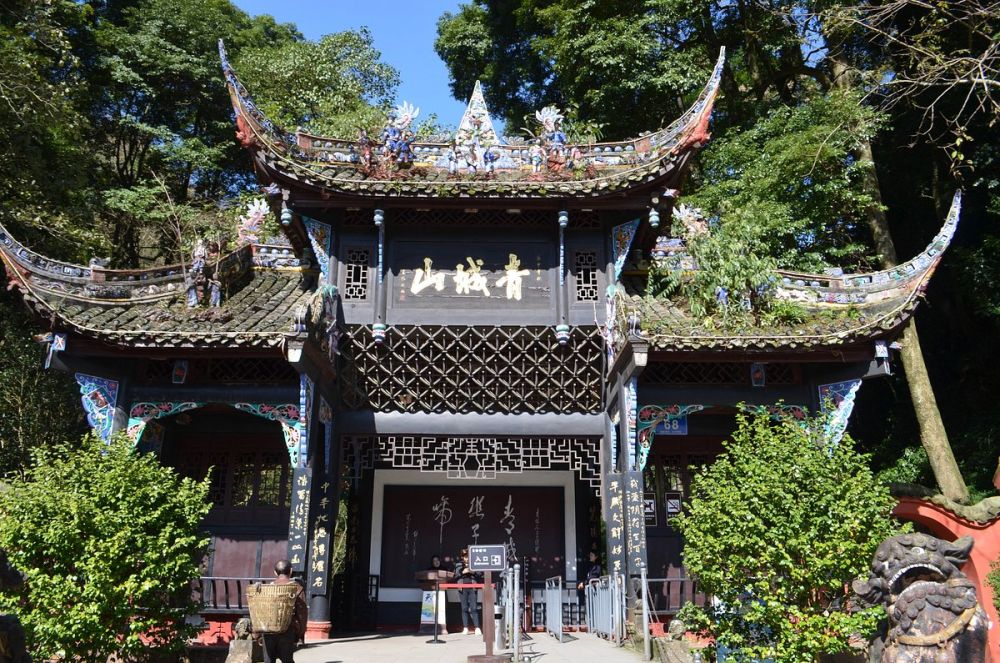

Mount Qingcheng, located near Chengdu in the Sichuan province of China, is one of the cradles of Taoism, the country's native religion and philosophy. Historical records suggest that it was established as a place of worship as early as the Jin Dynasty (265-420 AD). The mountain gained prominence as a sacred Taoist site when, during the Tang Dynasty (618-907 AD), it became the location where Zhang Daoling, a renowned Taoist figure, preached and formulated the doctrines of Taoism.
Over the centuries, numerous temples were constructed on the mountain, adding to its spiritual and cultural significance. This rich tapestry of history has attracted pilgrims and travelers alike throughout the dynastic periods of ancient China and continues to do so today.
Mount Qingcheng's tourism history is deeply entwined with its religious heritage. Throughout history, the area's tranquil beauty, combined with its significant Taoist temples, has drawn visitors from across the country. However, it wasn’t until the 20th century that Mount Qingcheng became accessible to international tourists.
The site's importance was recognized on a global scale when it was declared a UNESCO World Heritage Site along with the nearby Dujiangyan Irrigation System in 2000. This acknowledgment catapulted Mount Qingcheng into the global tourism spotlight, leading to increased conservation efforts and improved facilities for tourists.
In recent years, tourism in Mount Qingcheng has seen a shift with a growing emphasis on sustainable and eco-friendly travel. Tour operators and local communities have been working together to ensure that tourism growth does not compromise the natural environment and cultural integrity of the mountain.
Experiential travel has also become a trend, where visitors are seeking more immersive experiences. This includes participating in local Taoist rituals, exploring ancient temples, or even experiencing a stay in the mountain monasteries. Another emerging trend is the focus on health and wellness tourism, as visitors come for the serene environment to practice yoga, meditation, and to benefit from the reputedly clean and rejuvenating mountain air.
Adventure tourism has also seen a boost, with increased numbers of travelers trekking the mountain trails or taking on the challenge of a climb to the mountain's summit to enjoy panoramic views. All these trends are a testament to Mount Qingcheng’s adaptability in offering a dynamic blend of cultural, spiritual, and adventure tourism.
Mount Qingcheng remains one of China’s most revered Taoist mountains and a popular tourist destination, offering rich cultural experiences amidst breath-taking natural scenery. As both domestic and international tourism evolve, Mount Qinghouse welcome visitors from around the world, promising an unforgettable encounter with ancient Chinese history and spirituality.